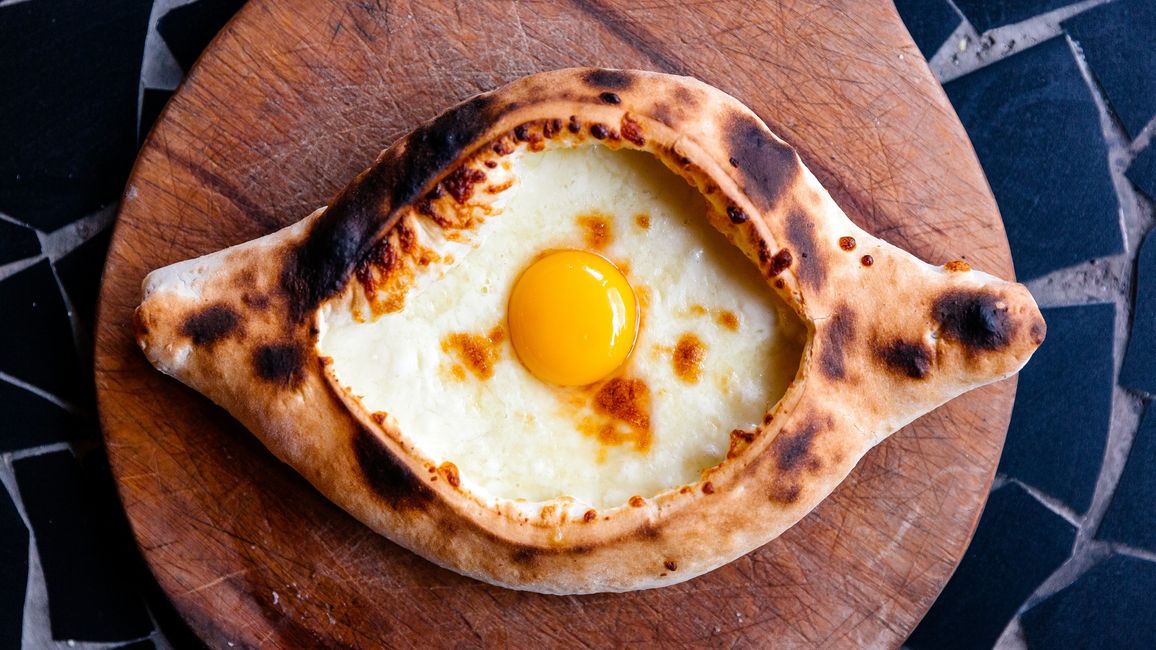Don Curry hits the fire
E phatlaladitšwe: 06.10.2023
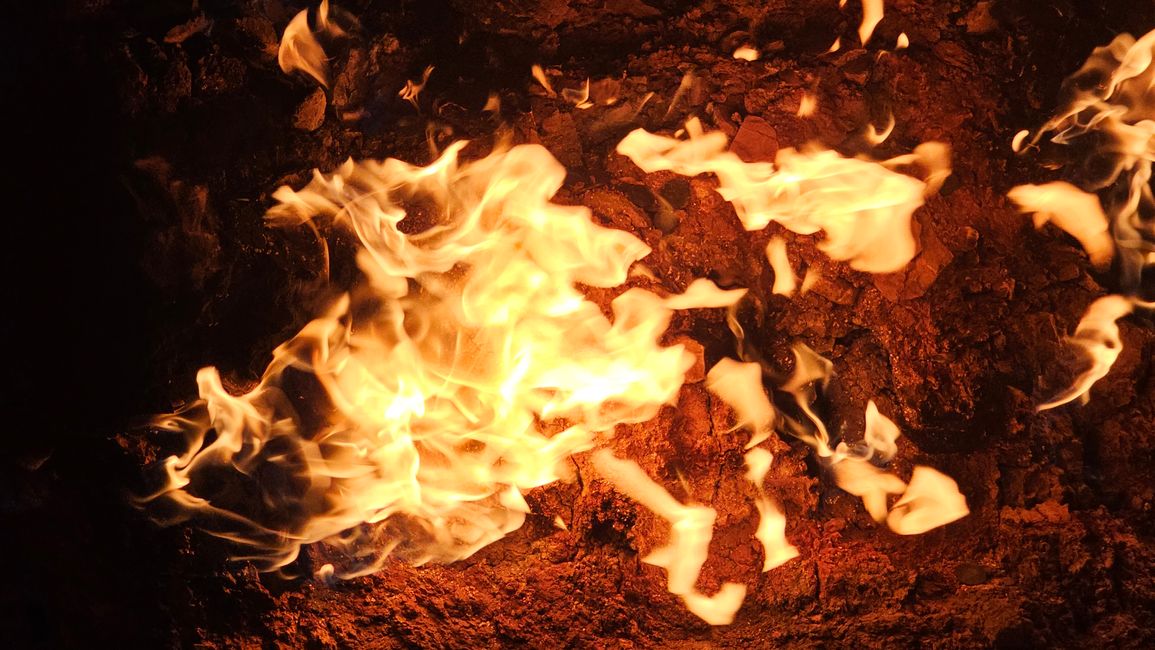
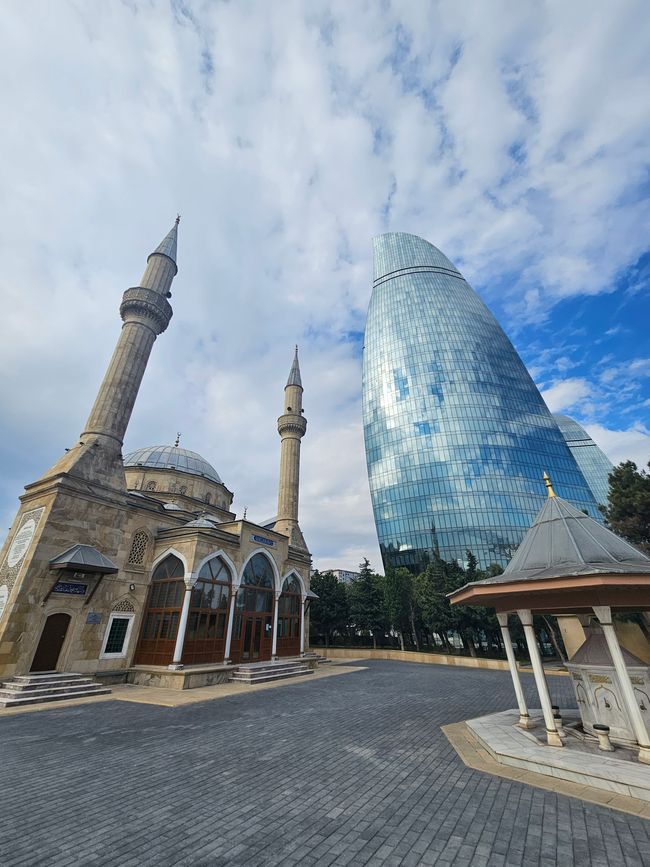

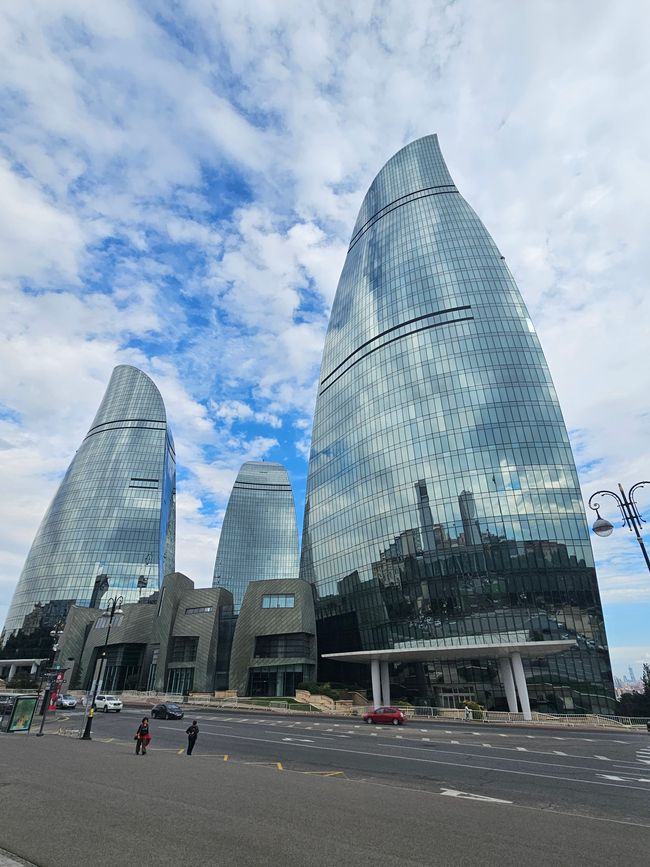
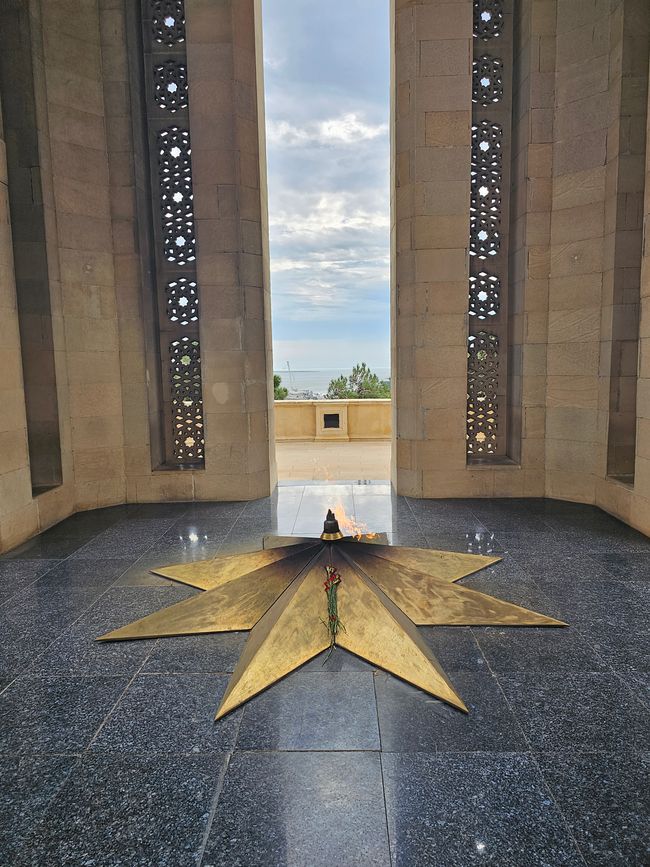
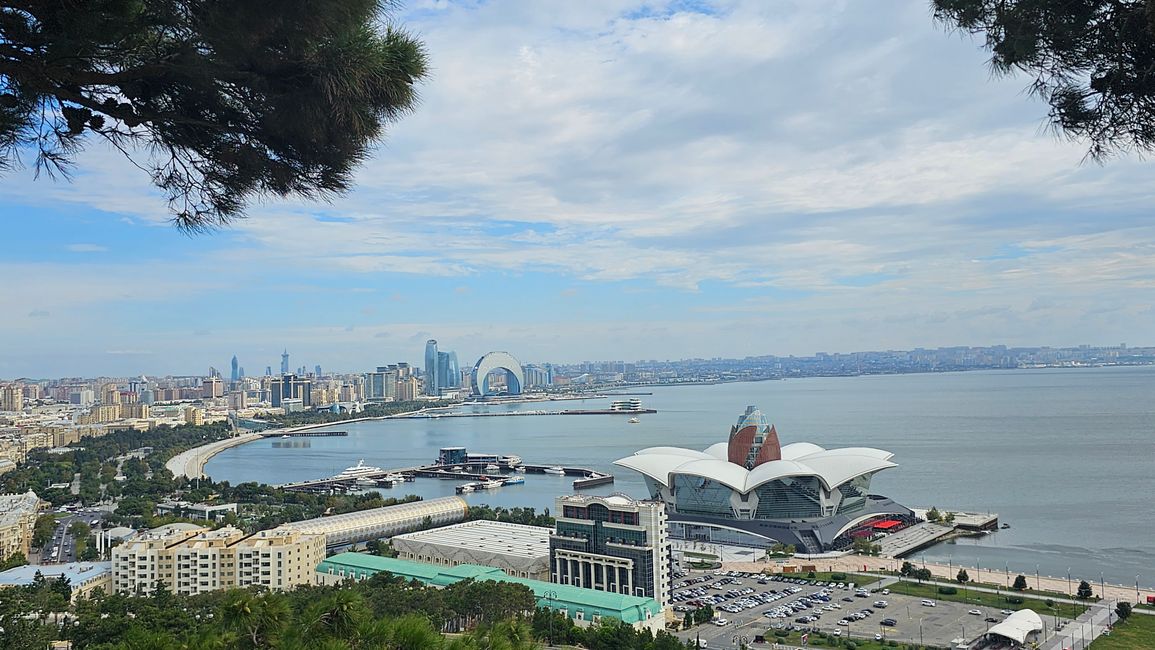
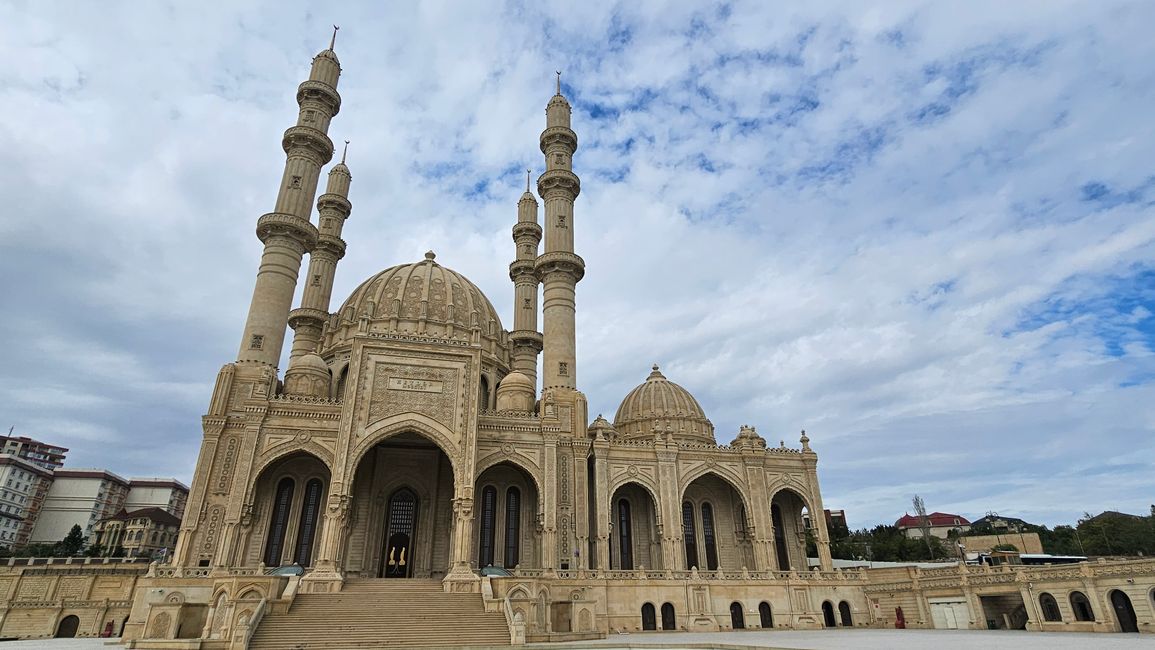
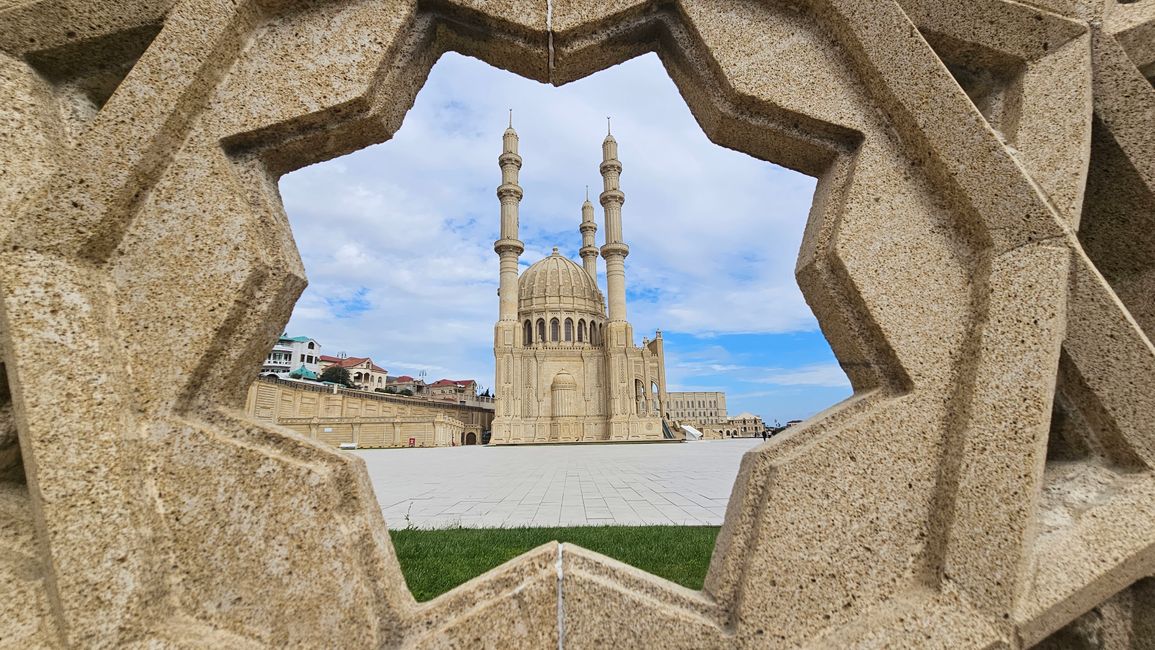
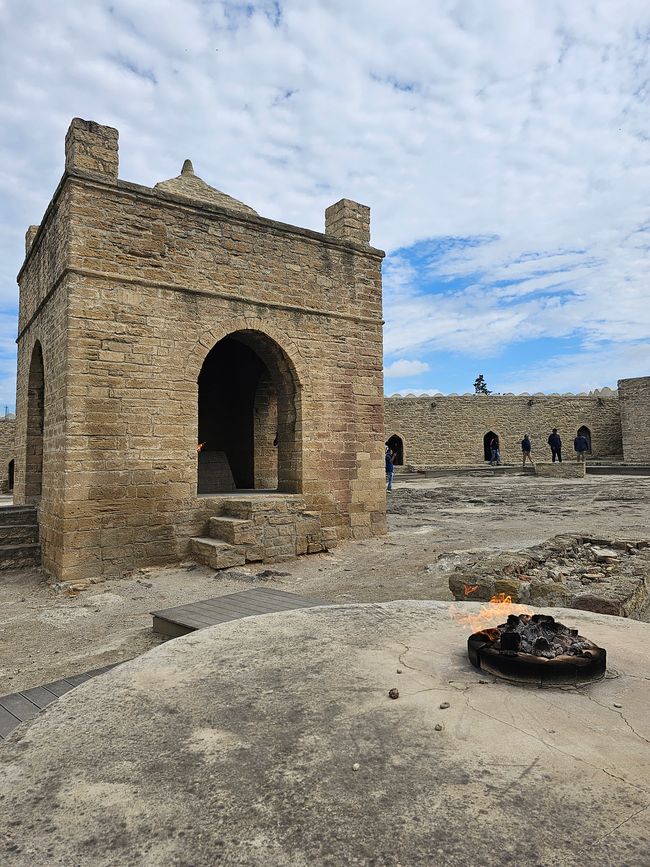
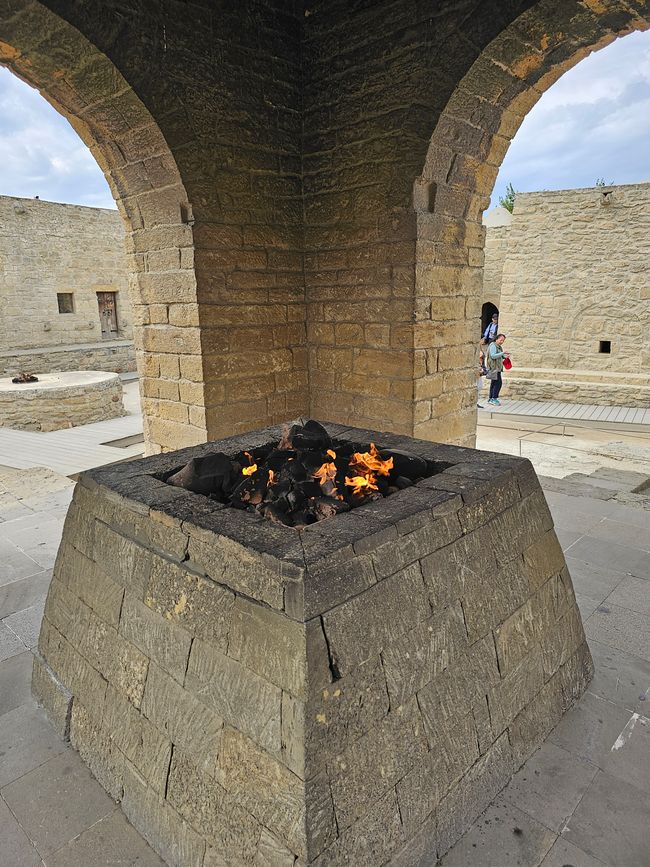
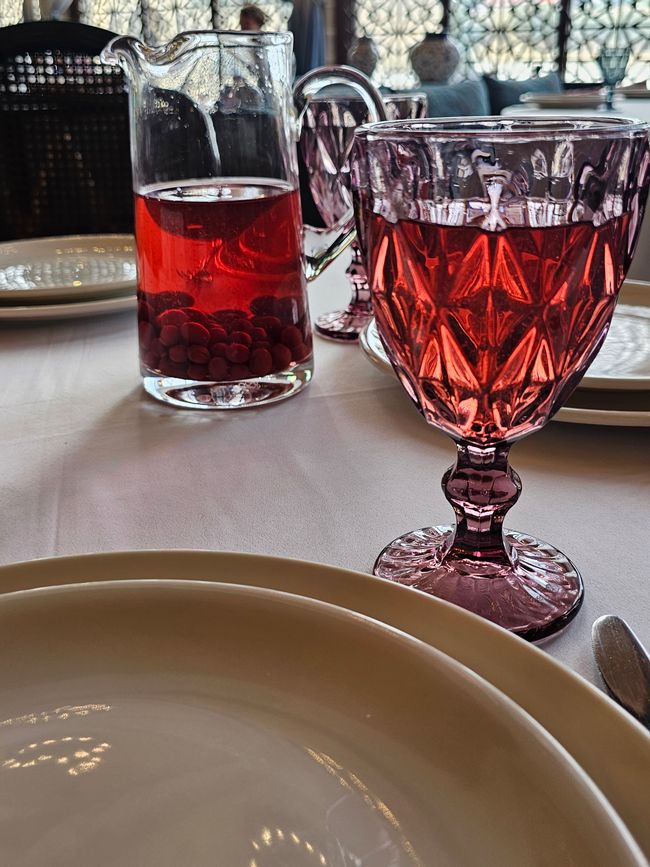
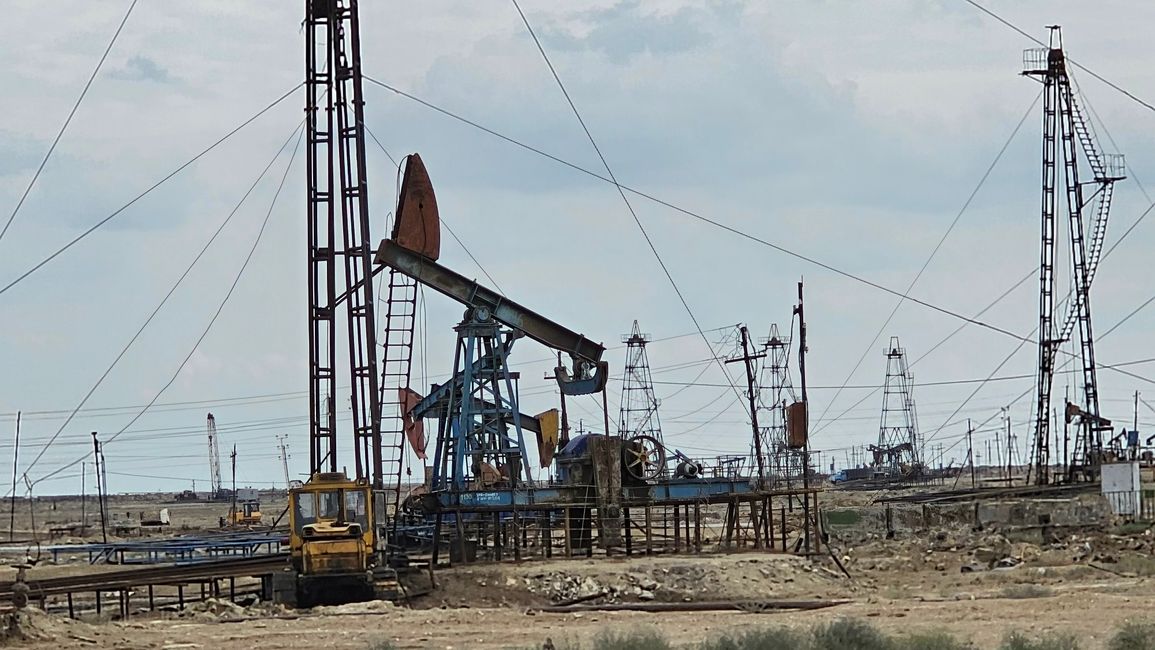
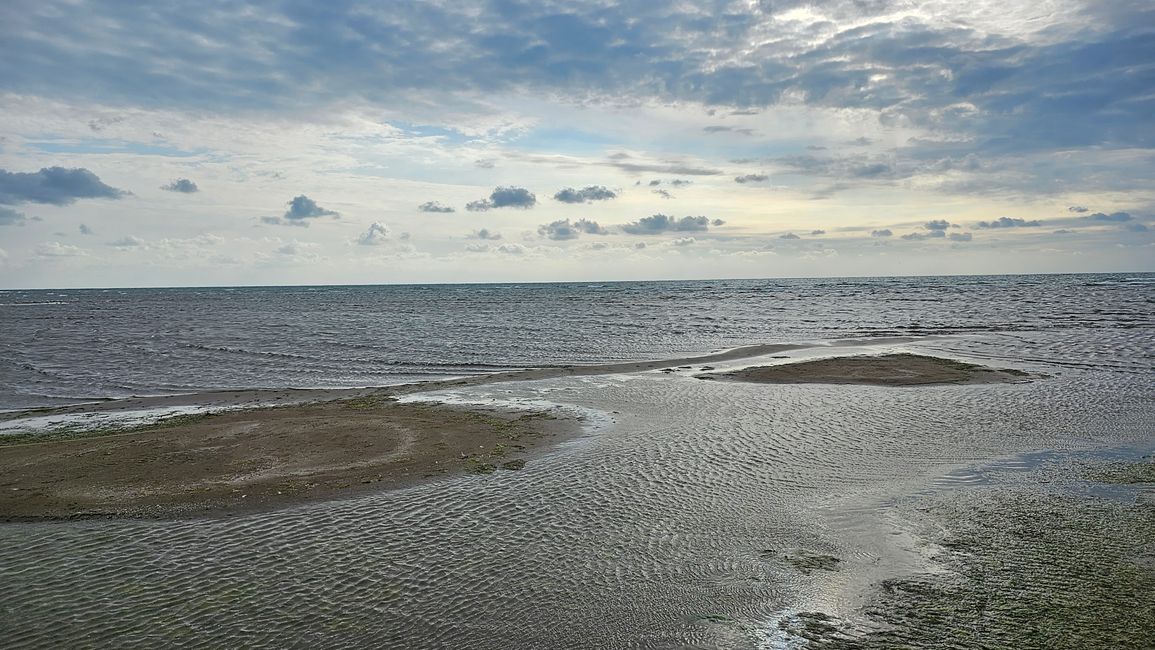
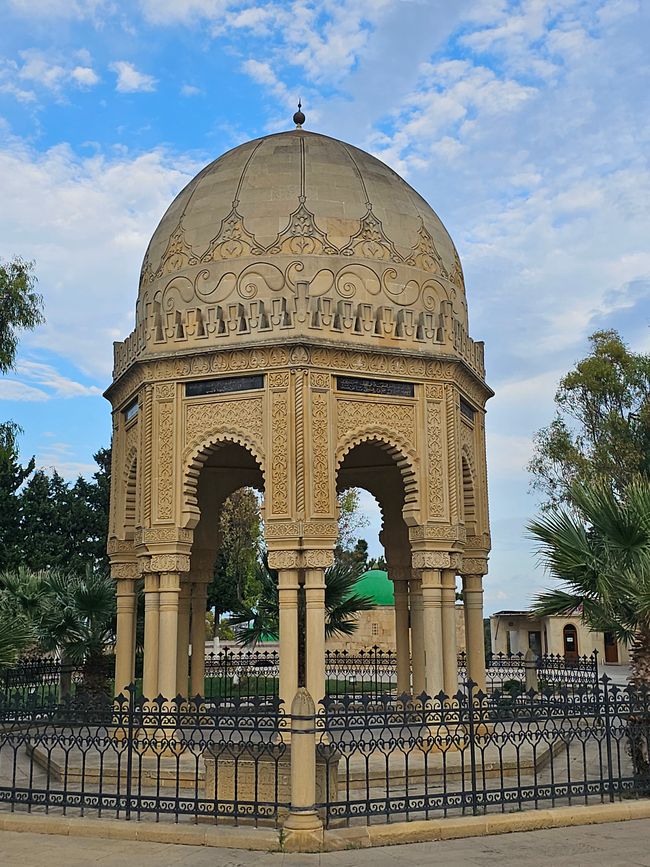
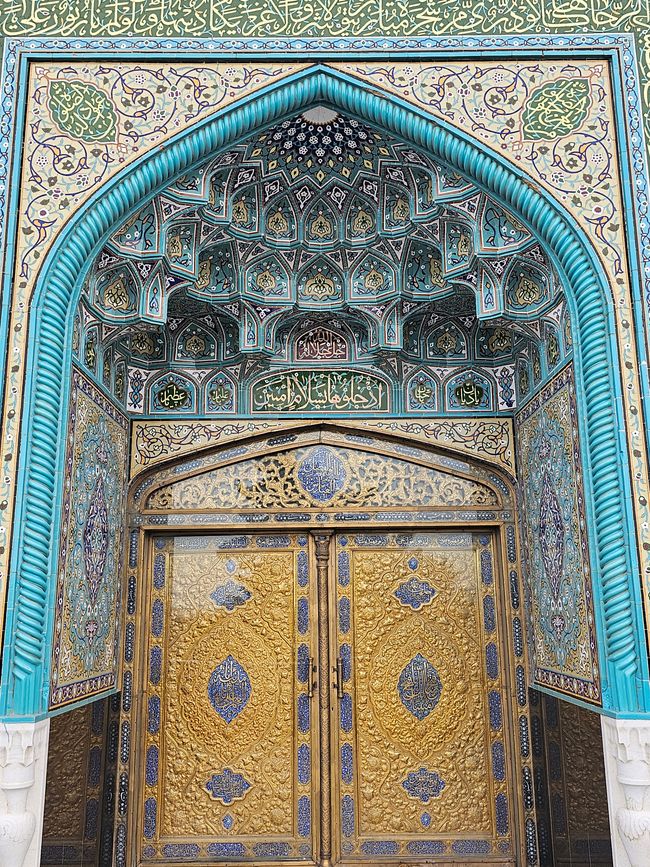
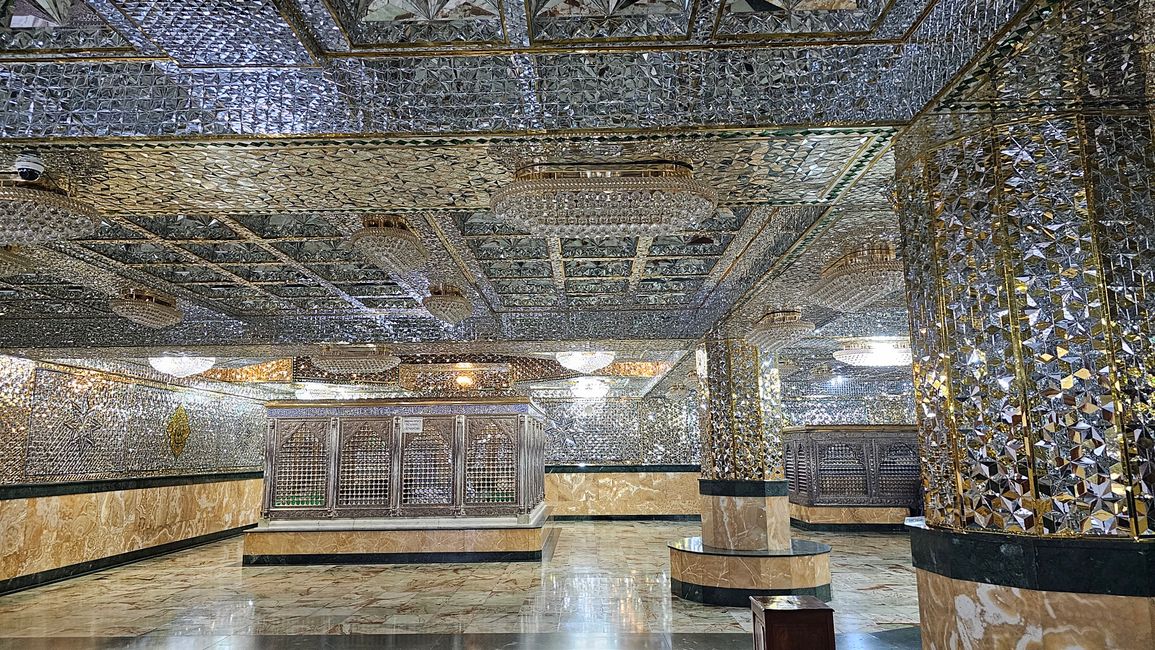
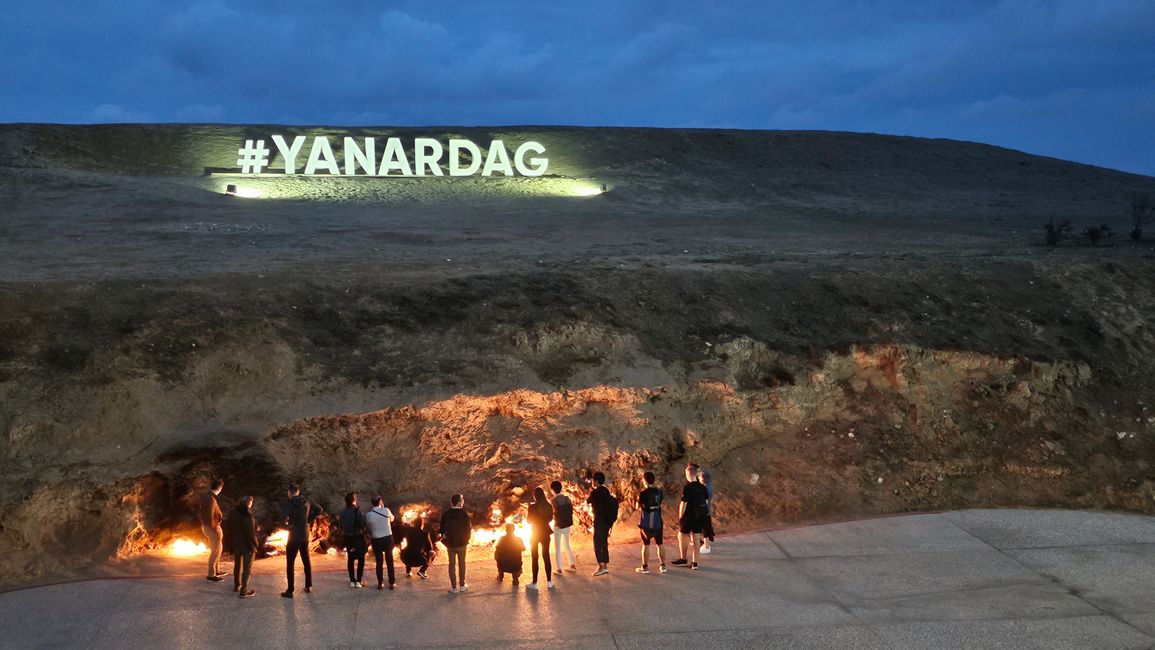
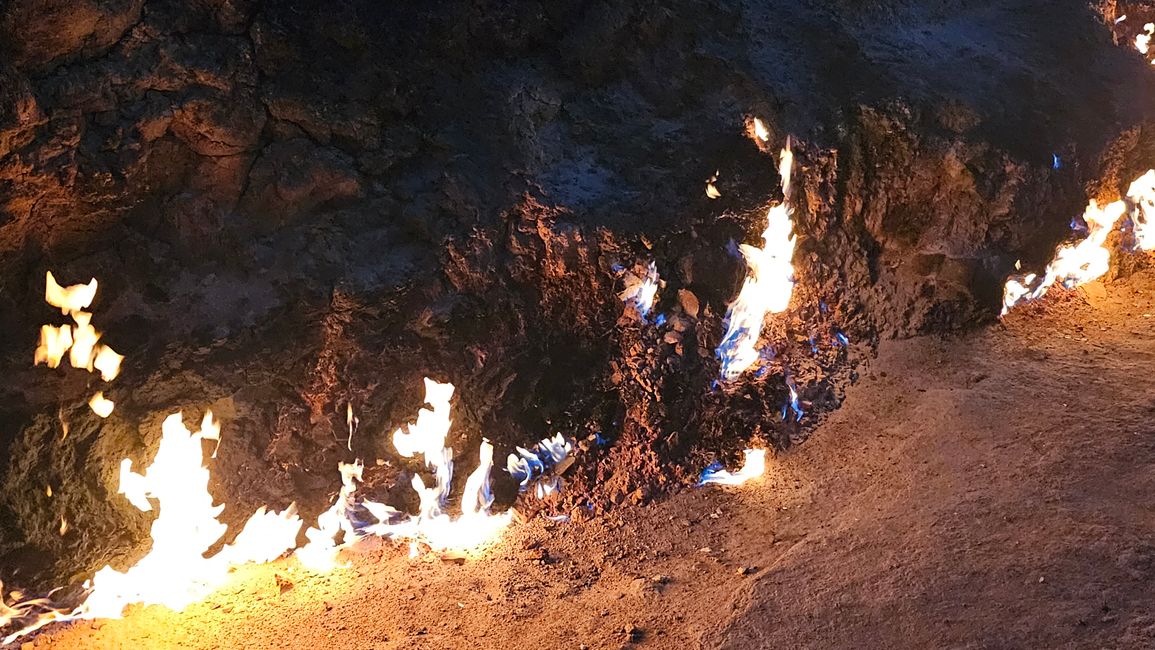
Ingwadiše go Lengwalo la Ditaba
Don Curry now gives his travels titles. Simply numbering his trips or naming them by year or destination seemed too banal to him. His journeys have titles that provide clues but do not directly reveal the actual destination. He called it "A Trip to the White Sea" for example. B. his trip through northern Russia. "Where Noah landed..." was the name of his tour of Anatolia. For this year's Caucasus tour he chose the motto: "Between Fire and Ice". However, he had not yet completely fulfilled his claim. In Georgia and Armenia he encountered a lot of ice - on the Caucasus peaks or right on the side of the road on the daring mountain passes - but the countries he had traveled to so far could not offer him fire. Only today would he actually make the title a reality, and in multiple forms.
After a rainy night, the morning fortunately turned out to be free of precipitation. The gray overcast sky still clouded Don Curry's photographer's heart. That was exactly the reason for not going up to the Flame Towers yesterday. Today he just had to ignore that reason if he actually wanted to visit the highest part of Baku. Not far from his apartment is the valley station of the Baku funicular, called Funicular. For one manat, he was able to comfortably cover the approximately 500 m long route to the mountain station at the Flame Towers in this ultra-modern, almost entirely glass vehicle. The sun even came out briefly at the top, so that Don Curry was able to photograph the enormous, sparkling skyscrapers between 160 and 182 m high. An old mosque right at the foot of the towers, which made it seem tiny, created a welcome contrast. Don Curry had actually hoped to find an open space with cafes and restaurants in the middle of the three towers, but the entire area turned out to be absolutely inaccessible. Only residents and guests of a luxury hotel were allowed access to the towers, no one else.
So Don Curry simply left the stylized flames standing and occupied himself with the surroundings. Even to him, this architectural encounter with fire seemed all too abstract. But not far away there was a real flame burning. On the other side of the funicular station began the "Avenue of Martyrs". It commemorates two events in Azerbaijan's recent history. In 1990, the Red Army wanted to make an example of the crumbling Soviet Union in Baku in order to ensure Moscow's continued access to the country's rich oil sources. Over 200 people who demonstrated peacefully for independence were shot: men, women and children. They are buried here in Martyr Alley and life-like pictures on their gravestones keep their memories alive. Fresh roses lay in front of many gravestones. There are also graves of the victims of the first Nagorno-Karabakh War, in which Azerbaijan suffered a heavy military defeat and lost control of extensive areas in and around Nagorno-Karabakh. Behind the graves there is a monument to the martyrs, visible from afar, in which an eternal flame burns. Here Don Curry was very close to the fire, but of course an artificial flame was burning here.
Even more impressive was the wonderful views of all of Baku and parts of the Abseron Peninsula, which he wanted to visit later in the day. From up here he could even see the window of his bedroom, from which he could admire the lights of the Flame Towers every night. Instead of taking the funicular again, Don Curry chose to descend on foot, which occasionally opened up new perspectives of Baku.
Then Kia's free time ended. Don Curry bravely plunged into the usual traffic chaos of the city of over a million people to initially head to two destinations on the outskirts of Baku. His son and successor had the Heydar Mosque built in memory of President Heydar Aliyev. Built in the classic Ottoman style, it is certainly appealing with its towering shape and elaborate decorative elements. Only the escalators to the main entrance don't really fit in with the historic building. Unfortunately, it is probably mostly locked so that Don Curry cannot assess the inner values.
Even further on the outskirts of Baku lies one of the most important sights in all of Azerbaijan. Two things came together here long ago: Zoroastrianism, which came from Iran, in which fire plays an important role, and the geological conditions of the Abseron Peninsula, where oil and natural gas have always appeared on the earth's surface. Once ignited, a natural gas source continues to burn, which must have seemed like an inexplicable miracle to people in earlier centuries. A fire temple was established at this point early on, which later gained international importance through the Silk Road towards Baku. The temple reached its peak in the 17th and 18th centuries. Century; With the exploitation of oil and gas reserves that began in the 19th century, the natural eternal fire went out and the buildings fell into disrepair. The complex has now been reconstructed and a perpetual flame burns again on several altars. In the adjoining rooms, the history and religious significance is partly retold using life-size figures. Here Don Curry actually met the fire, but he was to encounter it even more intensely.
But first he had to quench the feeling of hunger flaring up inside him. Since the Ateshgarh fire temple is on the agenda of all tour groups, a corresponding infrastructure with souvenir shops and food options had been created. Don Curry wanted to have a lunch snack in the attached, very oriental restaurant. Since the daily program listed a few more points, this time he stuck to a meal and a drink. The pilaf or plov, which is widespread throughout Central Asia, is also one of the national specialties in Azerbaijan, which is available in countless variations - in this restaurant alone there were six. Don Curry chose the plov with ram ragout, chestnuts and pomegranate sauce. Even though the amount served was manageable, it was completely enough to fill me up. Don Curry also ordered the typical (post-)Soviet compote that he had already gotten to know in Georgia - a liter of liquid made from and with pickled fruits, in this case grapes, for 5 manats (= €2.50). Strengthened, he had Kia continue on to the Abşeron Peninsula.
He headed for the museum complex in Qala, but given the advanced time, he only took a few photos of the small Qala castle. He wanted to devote more time to the Absheron National Park, which is the extreme eastern tip of Azerbaijan and extends far into the Caspian Sea. Accordingly, the landscape consists of beaches and dunes with light vegetation. When entering the national park, Don Curry not only had to pay 2 manat, but also had to show his passport so that he could be registered as a visitor. But his passport was in the apartment in Baku. Now the parking attendant was overwhelmed and called his boss, who showed up shortly afterwards. The boss asked for Don Curry's driver's license - it was also in Baku. Don Curry was already thinking about whether he shouldn't just come by again tomorrow with all the papers. But the boss didn't want to disappoint the foreign tourist. He simply wrote his name and underneath - instead of the passport number: "from Germany". He was happy, the park ranger was happy, and Don Curry was happy. He was particularly pleased that pragmatic solutions can replace fixed rules in this country too.
From the visitor center, Kia was able to move eastward for another 6 km on an asphalt road. Then a sandy road continued to the end of the mainland. Don Curry didn't want to expose Kia to unnecessary risk, but instead wanted to complete the route on foot. But the strong wind and the blown sand soon made the joy of the walk disappear. So Don Curry turned around halfway and instead went straight to the shore of the Caspian Sea and felt with one hand how surprisingly cool the water was.
In the coastal town of Mərdəkan in the north of the peninsula, Don Curry visited two important examples of Islamic architecture: the Pir Hassan Mosque has tombs of important Muslim personalities, and the Movsum Aga Ziyaretgahi burial mosque is considered an important pilgrimage destination. On the outside it looks like a classic building from Central Asia, on the inside the walls and ceiling are completely covered with glass and crystal, so that you feel like you have been transported into a glittering world of wonder. When he wanted to move from the anteroom with the graves to the actual mosque, he was vigorously reprimanded - albeit in Russian. Yes, yes, always the evil Russians! 😉
The gradually falling darkness was just right for Don Curry in view of his final destination: Yanar Dağ, the Burning Mountain. Here he actually encountered fire as a primal force, as a natural element. Natural gas is still leaking from this (very small) mountain and has been burning continuously for centuries. In recent years, this place has been developed for tourism and upgraded with a small museum, cafeteria and plenty of seating - now it was easy to charge a 9 manat (= €5) entry fee from foreign guests. But Don Curry was happy to pay for this unusual natural spectacle. He stood in front of the fire with many others, allowing himself to be warmed, enchanted and inspired to take many photos.
The long journey back through Azerbaijan at night, however, turned out to be less of a pleasure. But Don Curry reached his destination without any problems, just as the rain started again. So a cozy evening on the balcony came to nothing. Since the plov from lunch was still around, he simply ate yesterday's honey cake as a late dessert.
Now his Caucasus trip was truly complete, Don Curry thought. He had actually moved between fire and ice, and between many other opposites too: between remote mountain villages and cities with millions of inhabitants, between the Black and the Caspian Seas, between Europe and Asia. In the coming days he wanted to round off all these experiences and experience in a good way and perhaps even deepen them. The next ice cream was already waiting for him...
Ingwadiše go Lengwalo la Ditaba
Karabo
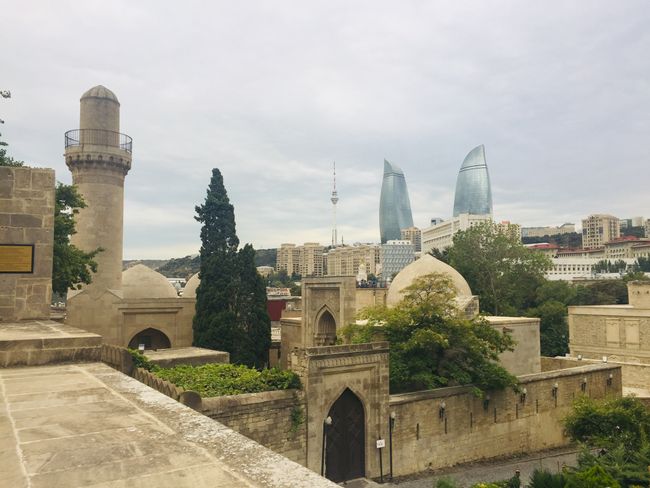
Dipego tša maeto Azerbaijan ya go swana le yona

